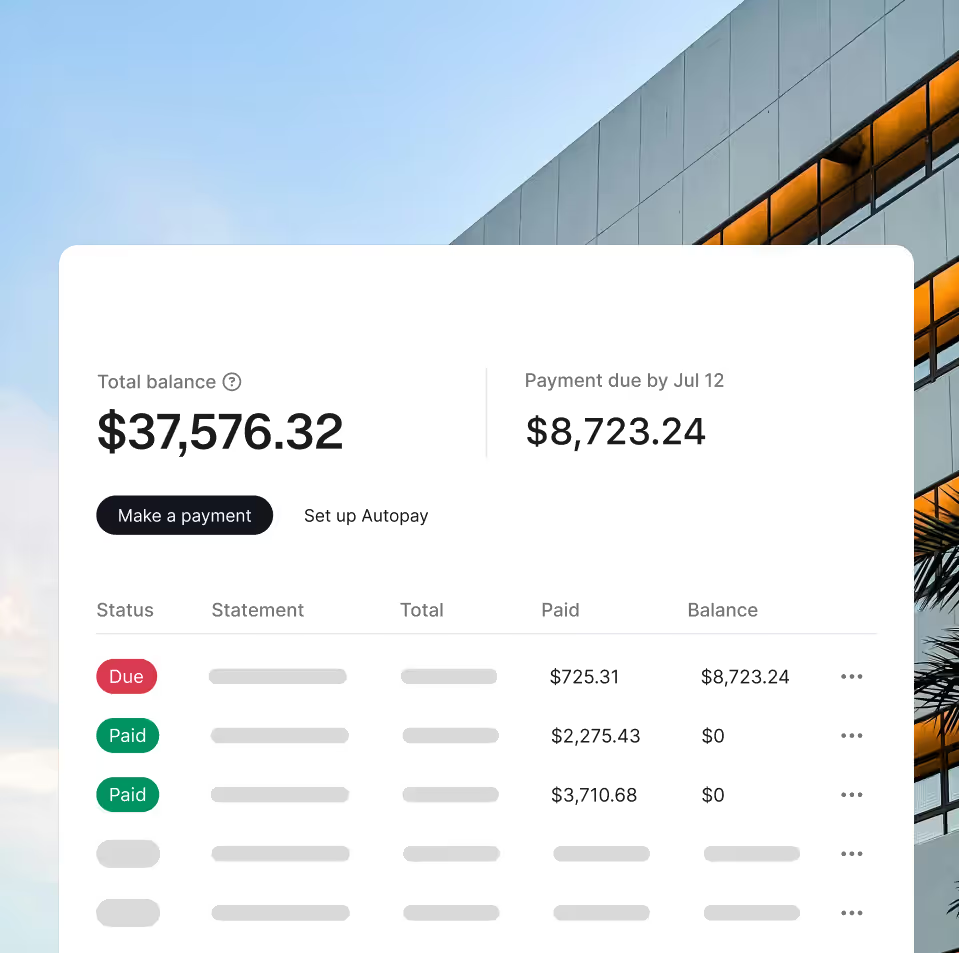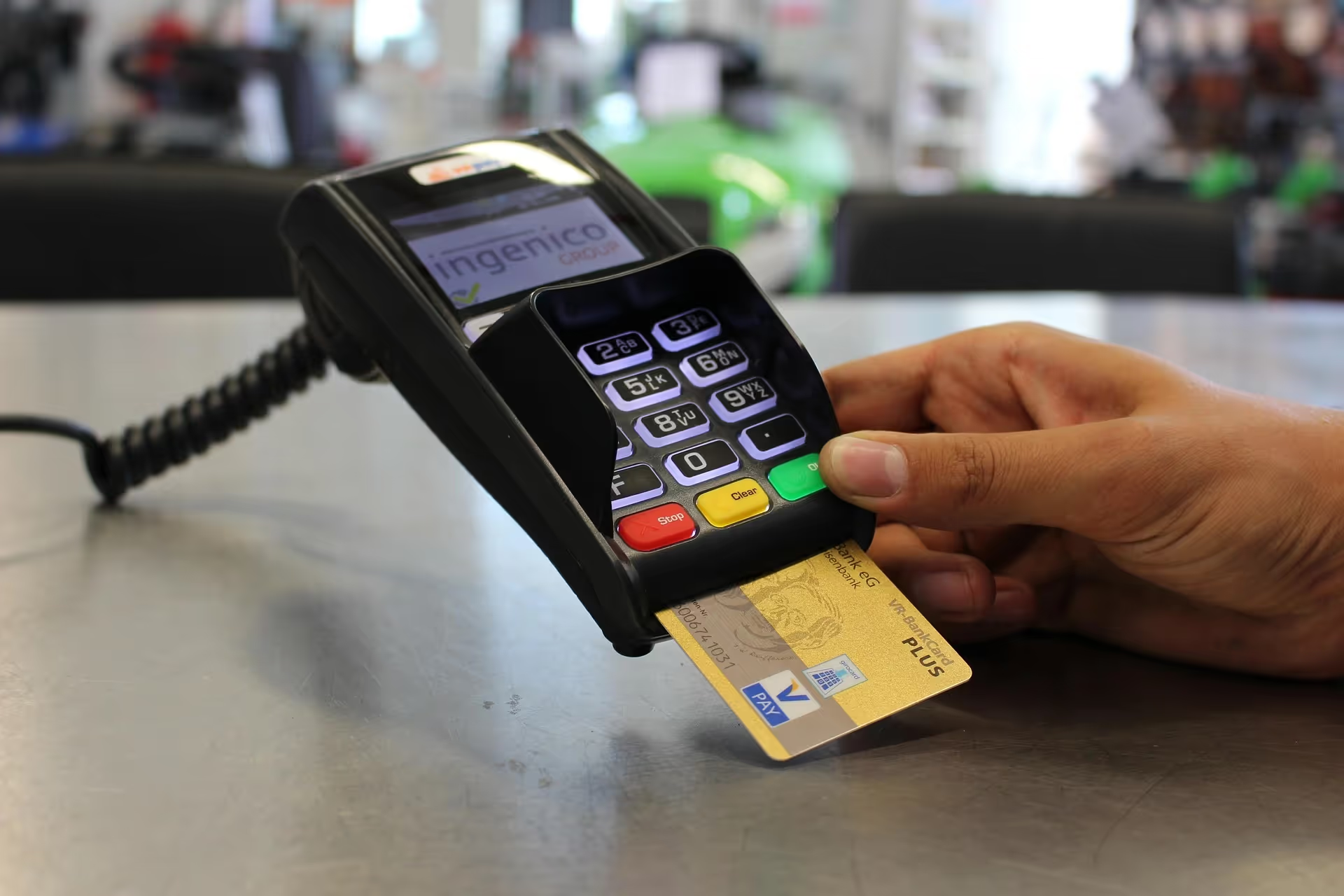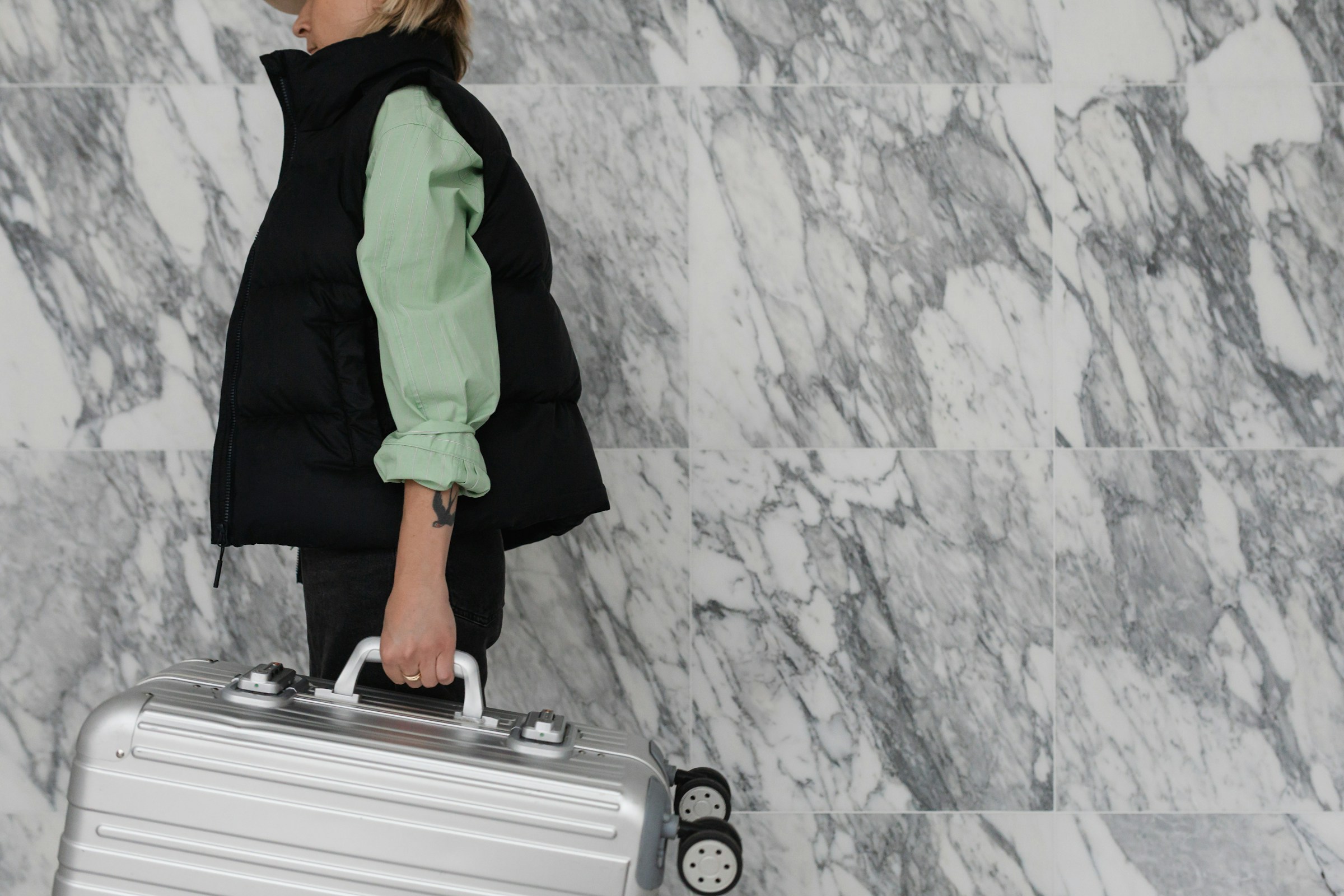When Do Hotels Charge Your Card? Complete Timeline Guide

Managing crew travel for construction, manufacturing, or field service projects? You're probably tired of cash flow surprises when hotel charges hit at unpredictable times.
Whether your crews use personal cards, corporate cards, or you're dealing with authorization forms, knowing exactly when hotels charge your card can make the difference between smooth project finances and reconciliation nightmares.
This guide breaks down hotel payment timing so you can plan crew accommodations, protect project budgets, and eliminate the guesswork that's costing your operations time and money.
Why You Need to Understand Hotel Charges
Let’s say your project crew checks into a hotel on Monday, but the room charge doesn't hit the card until Friday. The $200-a-night authorization hold sits on every supervisor's card, locking up credit you need for other expenses.
Hotel holds typically run a total of $50–$200 per stay, often lingering up to seven business days after checkout. When a crew hops from project to project, overlapping holds stack up, shrinking available credit, and forcing field leads to juggle spend.
Plus, the problems don't stop at the job site. Charges that post days—or even an entire billing cycle—after checkout land in the wrong month on your P&L. One late batch can throw off job-cost reports, delay client invoicing, and leave finance scrambling to explain variances.
Employees can be fronting thousands while they wait for reimbursement on personal cards. On business cards, you're advancing travel costs long before your client pays the milestone invoice. Either way, the float comes out of your working capital.
Knowing exactly when hotels swipe, hold, and charge your card is essential. By nailing the timing, you free up credit and tighten reporting.
6 Different Ways Hotels Charge Your Card
For project teams, hotel card charges fall into six categories:
1. Charge at the Time of Booking
Immediate charges include prepaid rates, same-day bookings where hotels don't trust last-minute cancellations, and group reservations requiring deposits to secure room blocks.
Guaranteed rooms come with an instant cash drain and zero flexibility. If a job gets canceled, you’re fighting for refunds instead of reorganizing your project.
Best fit: Prepaid rates are for crews with locked schedules and watertight backup plans.
2. 24–72 Hours Before Check-In
When a cancellation window closes, flexible reservations become non-cancelable without penalty once the cancellation window closes, typically one to three days before arrival.
Many hotels may pre-authorize or charge your card leading up to check-in to ensure funds are available when your crew arrives. Extended-stay brands sometimes require the full payment for the first week at check-in for the same reason.
If the project timeline changes during this window, you still have time to adjust the booking before money moves.
Pro tip: Keep a close eye on crew changes so you're not paying for empty beds.
But if you’re tired of guessing when the charges will hit, use Engine’s Flex service that lets you book hotels without worrying about changes. You can cancel or modify anytime—no penalties, no wasted spend.
3. At Check-In
This is where most project teams feel the pain. The front desk swipes a card and places a hold that covers the full room rate plus tax, plus an incidental buffer of between $50–$200 per night.
The cash doesn’t move yet, but that hold eats into the card's available credit. If your lead carpenter's personal card only has $800 left and the hotel requires a $600 deposit for a five-night stay, she will likely need a credit limit increase for project materials.
How to solve: Use corporate cards with higher limits or direct billing to avoid the crunch. Engine’s Direct Bill feature makes it even easier—one clean invoice at the end of the month.
4. During the Stay
Long projects bring rolling charges. Properties that cater to work crews often bill weekly, charge part of the hold, then refresh the hold for the coming week.
Card networks let hotels keep a hold open for up to 30 days, giving them plenty of room to adjust mid-stay balances. For you, that means costs drip out of the budget in chunks instead of all at once.
How to combat: Track weekly invoices against job codes to prevent surprises down the line.
5. At Check-Out
The hotel adds everything up—room, tax, parking, the late-night pizza—and charges the card for real. Any extra hold amount is released, but the account doesn’t receive the credit back immediately. Banks can take three to seven business days to free up your funds.
Nothing derails a Monday-morning check-in like a "card declined" message because last week's hold hasn't dropped.
How to plan: Expect a delay if using the same card to cover back-to-back projects.
6. After the Stay
Damage fees or missing towel charges may be rare, but they’ll still hit the original card on file. Make sure crews report room conditions at departure so you can dispute questionable add-ons straight away.
Authorization Holds Explained
Handing over a card at the front desk doesn't mean the hotel has charged you yet. Most properties first drop an authorization hold that covers the room and tab.
They sting because the bank makes those funds unavailable the moment the hold is placed, reducing your available balance until the transaction is finalized. For a one-night business trip, it’s annoying, but a six-week install with overlapping crews? They cripple purchasing power.
While you wait 3-7 days for the hold to clear, you're flying blind. Even crews that rely on 2025 GSA per diem rates for lodging can see budgets blow up when holds linger for a week.
Engine lets you filter for properties with flexible hold policies, helping you avoid surprise authorizations. You can't force hotels to skip holds, but you can keep them from derailing the job.
Treat holds like any other project restraint: plan for them, monitor them, and don't let them choke off the work.
Extra Considerations for Project Teams
Big crews mean big hotel bills—here's what to watch for when you're booking dozens of rooms, skipping personal cards, or filling out those dreaded paperwork forms.
1. Group Bookings (15 + Rooms)
When you block out an entire floor for a crew, the hotel usually wants proof that you can pay. Instead of a single hold, the front desk operates a master hold that covers every room, taxes, and a substantial buffer for damages.
$200 per room per night—you can do the math. That’s thousands in credit before anyone even checks in. Add deposits and attrition fees for unused rooms, and your project budget gets squeezed weeks before the first shift starts.
Simple Fix: Skip the holds and negotiate smarter. With Engine Group Bookings, you can block rooms for your crew without tying up thousands in credit. Our team handles the negotiations and paperwork—no daily monitoring, no wasted spend on unused nights.

2. Direct Bill Arrangements
Direct billing is the same concept as a corporate account. The hotel trusts your balance sheet and will bypass holds entirely to invoice your company instead. Direct Bill option to give you one centralized invoice at the end of the month.
The credit-limit crush is gone, but you still need discipline to process everything correctly. Consolidated invoices may look tidy, but they can conceal rogue minibar charges or last-minute parking fees.
How to tackle: Ask the hotel to attach individual folios to each invoice, and, where supported, tag every room with a project code.
3. Corporate Card Paperwork Forms
If your team members don’t carry corporate cards, you may need to submit authorization forms so the hotel can charge a central account. Swapping emails and filling in forms is a time drain, and if a form is incomplete, the hotel may swipe the employee's personal card anyway.
Engine’s incidental coverage offering is designed for teams with multiple expenses or traveling without corporate cards. It reduces the impact of larger holds and keeps critical credit open.
Reality Check: Sometimes paperwork is unavoidable, so standardize one pre-approved form, ensure it’s stored securely, and send it with the reservation confirmation.
Logistics for your project teams isn’t all about hotels. Consider lining up transport from the best car rental company before the plane even lands so crews aren’t stuck in the parking lot, and make sure every traveler’s TSA redress number is stored in their profile.
Get on Top of Your Hotel Card Charges
Hotel billing timing is a cash flow weapon that can either fuel your projects or freeze them. Master the timeline from booking to checkout, distinguish holds from real charges, and match your payment strategy to your project schedule.
The teams that nail card charge management keep their credit lines open, their budgets accurate, and their focus on building.
Ready to streamline your group travel arrangements? Get started with Engine.



.avif)






.jpg)




.avif)

.jpg)




.avif)
.avif)























